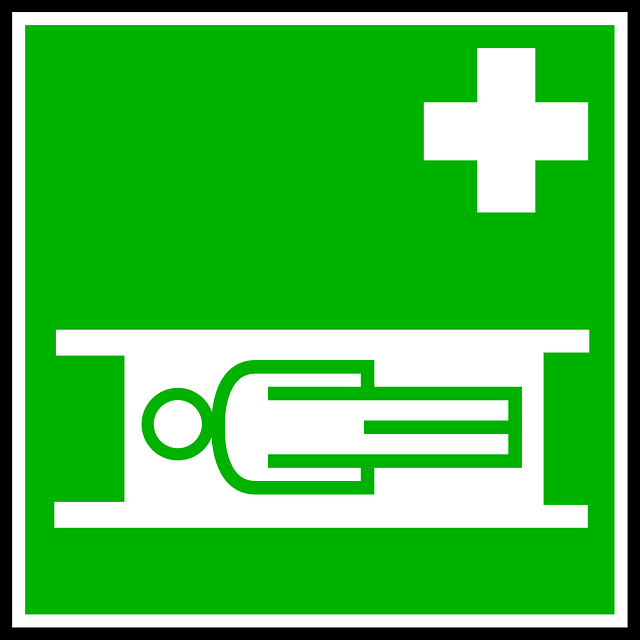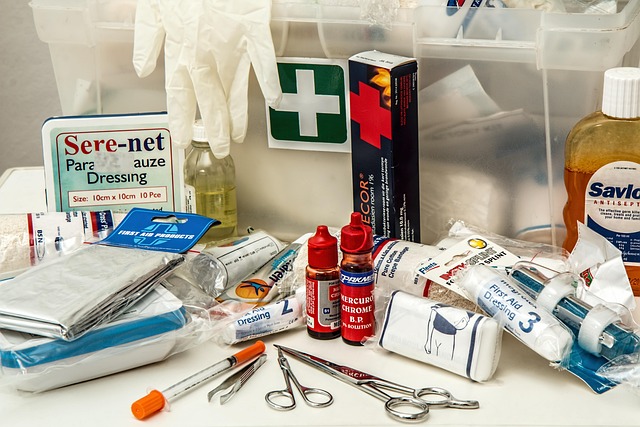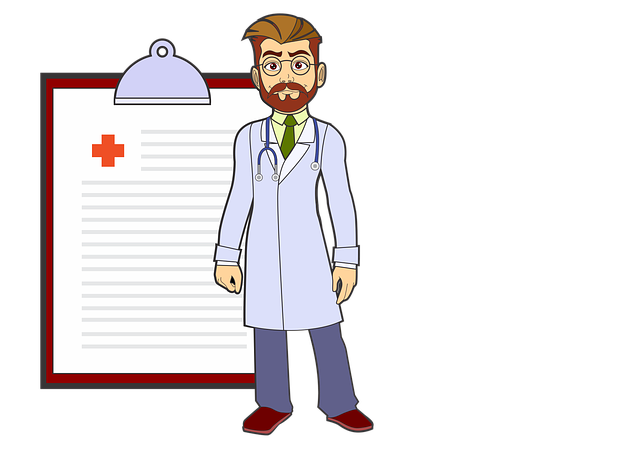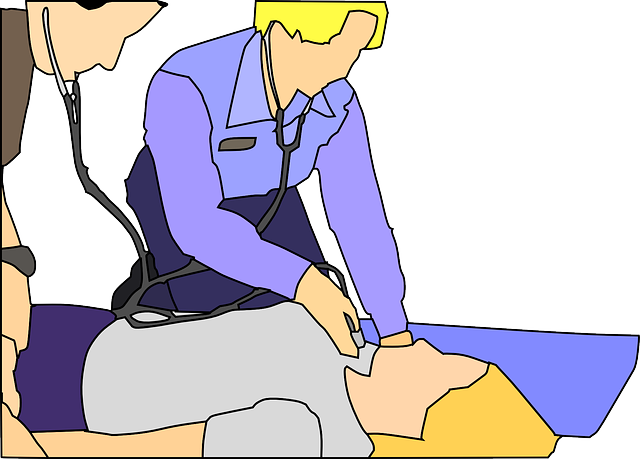South African women seeking healthcare have two primary options: hospital plans and medical aid schemes, each catering to distinct needs. Hospital plans specialize in comprehensive inpatient care at designated hospitals, ideal for acute situations and specific treatments. In contrast, medical aid schemes offer a broader scope, encompassing outpatient care, specialist consultations, and chronic condition management. Choosing between them depends on individual circumstances; hospital plans suit short-term needs with lower premiums, while medical aid provides long-term coverage, including a vast network of providers. Combining both options can offer the best of both worlds: preventative primary care alongside specialized, immediate access to top medical services.
In South Africa, women’s health is a critical focus, and choosing the right hospital plan or medical aid scheme can significantly impact access to quality care. This article guides you through understanding these options, their key features, and benefits tailored for women. We’ll explore the pros and cons of each, helping you decide which—hospital plan or medical aid—is better suited to your needs. By the end, you’ll be equipped with knowledge to make an informed choice for comprehensive women’s health coverage.
- Understanding Hospital Plans and Medical Aid Schemes in South Africa
- Key Features and Benefits for Women's Health
- Comparing Hospital Plans vs. Medical Aid: Pros and Cons
- Top Picks for Comprehensive Women's Health Coverage
Understanding Hospital Plans and Medical Aid Schemes in South Africa
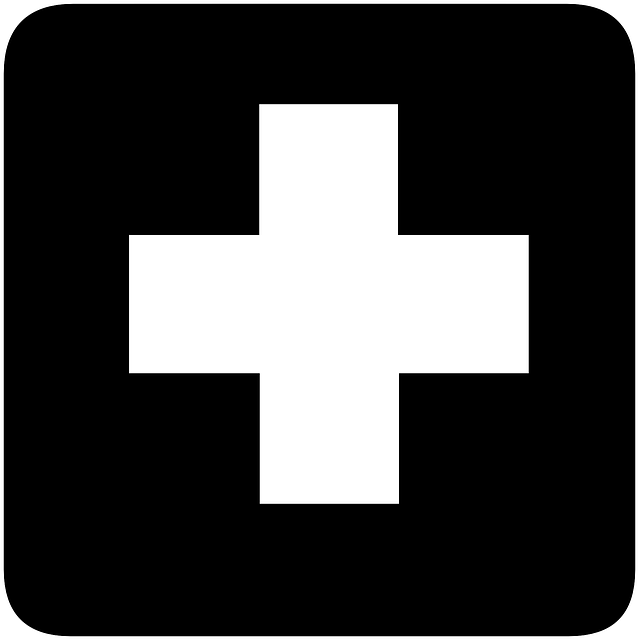
In South Africa, both hospital plans and medical aid schemes play pivotal roles in ensuring access to quality healthcare for women. Understanding the nuances between these two options is crucial when making informed decisions regarding women’s health. While hospital plans offer comprehensive cover for inpatient treatment at designated hospitals, medical aid schemes provide a broader spectrum of benefits, including outpatient care, preventive services, and specialist consultations.
When considering which is better—a hospital plan or medical aid—it largely depends on individual needs and circumstances. Hospital plans are ideal for those who primarily require specialized inpatient treatments and prefer specific healthcare facilities. On the other hand, medical aid schemes cater to a wider range of healthcare needs, including chronic conditions and routine medical check-ups, making them suitable for comprehensive health management. Comparing features like cover extent, network providers, waiting periods, and costs can help women make an informed choice that aligns with their unique health requirements.
Key Features and Benefits for Women's Health
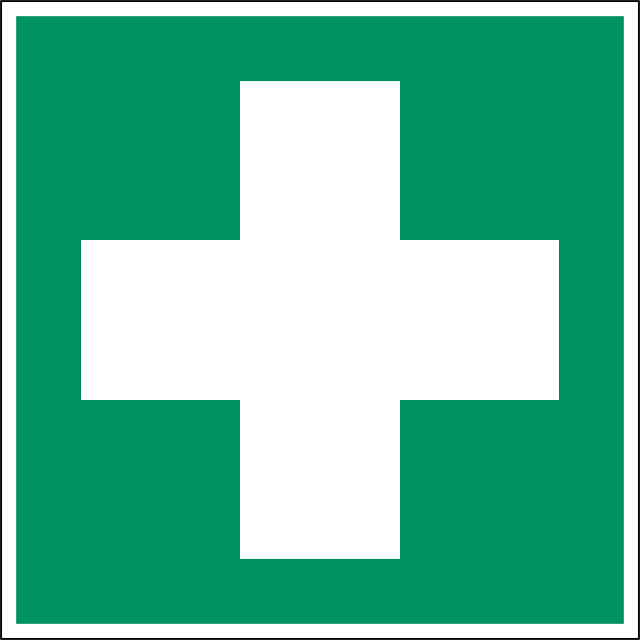
When comparing a hospital plan versus medical aid for women’s health in South Africa, understanding the key features and benefits is essential to making an informed decision. Both options offer comprehensive healthcare coverage tailored to meet the unique needs of women, but they differ in their structures and entitlements. Medical aid schemes typically provide a wide network of healthcare service providers, including specialist care and hospital stays, with members often enjoying lower out-of-pocket expenses for certain procedures. On the other hand, hospital plans offer excellent access to private hospitals and specialists, with benefits that can include faster referral times and more control over treatment choices.
Women’s health is a specialized field, encompassing preventive care, reproductive services, maternal and child healthcare, and management of gender-specific conditions. The best option considers these specific needs, ensuring coverage for essential services such as gynecological care, mammograms, pap smears, prenatal and postnatal care, and mental health support. Additionally, looking at the overall value, including co-pays, deductibles, and network restrictions, can help determine whether a hospital plan or medical aid scheme better suits an individual’s requirements for optimal women’s health management.
Comparing Hospital Plans vs. Medical Aid: Pros and Cons

When it comes to women’s health in South Africa, choosing the right hospital plan or medical aid scheme is essential for ensuring access to quality care. However, many women find themselves questioning which option is better: a hospital plan or medical aid? Understanding the pros and cons of each can help make this important decision.
Hospital plans offer excellent short-term solutions, especially for those who require frequent specialist visits or routine procedures. They often have lower monthly premiums and fewer exclusions compared to medical aid schemes. However, they might not cover pre-existing conditions, and their benefits typically cease if you change employers or leave the network. Medical aid, on the other hand, provides more comprehensive long-term coverage, including inpatient and outpatient care, with a broader range of service providers. While initial costs like registration fees and monthly contributions can be higher, medical aid generally offers better value for money in the long run, especially for families or those with complex healthcare needs.
Top Picks for Comprehensive Women's Health Coverage

When considering the best options for women’s health coverage in South Africa, it’s crucial to understand the differences between a hospital plan and medical aid. While both offer valuable benefits, they cater to distinct needs. Hospital plans are ideal for specialized treatments and emergency care, ensuring quick access to quality healthcare services. On the other hand, medical aid schemes excel in providing comprehensive primary and preventative care, including routine check-ups, screenings, and chronic disease management.
For women seeking a holistic approach to their health, combining both options can be highly beneficial. A top pick for comprehensive women’s health coverage would include a medical aid scheme that offers a wide network of healthcare providers and specialized clinics, coupled with a complementary hospital plan for unforeseen or more specialized treatments. This dual approach ensures women receive the best of both worlds: continuous preventative care and immediate access to advanced medical services when needed.
When it comes to prioritizing women’s health, choosing the right hospital plan or medical aid scheme is a crucial decision. Both options offer valuable coverage, but understanding their differences is key. For those seeking comprehensive care with a focus on preventive measures and specialized services, top-tier medical aid schemes shine. However, for more budget-conscious individuals, well-designed hospital plans provide excellent value without compromising access to essential healthcare. Ultimately, the best choice depends on individual needs, ensuring women in South Africa have the means to maintain their well-being.


